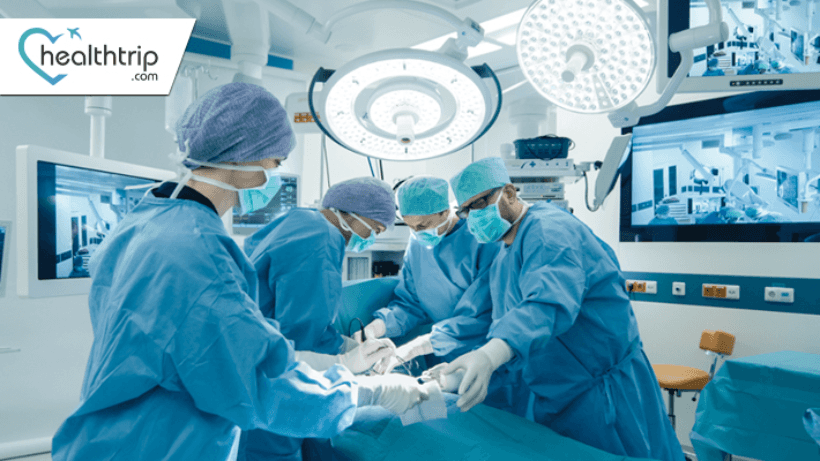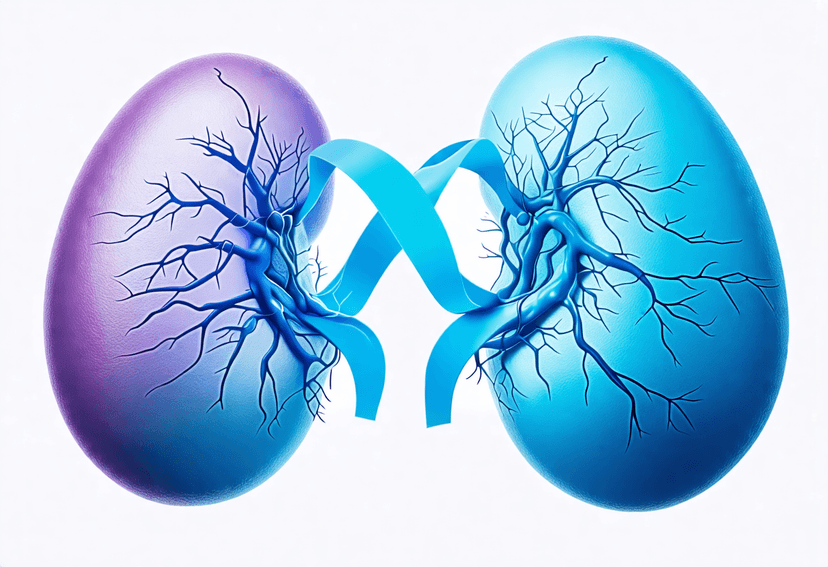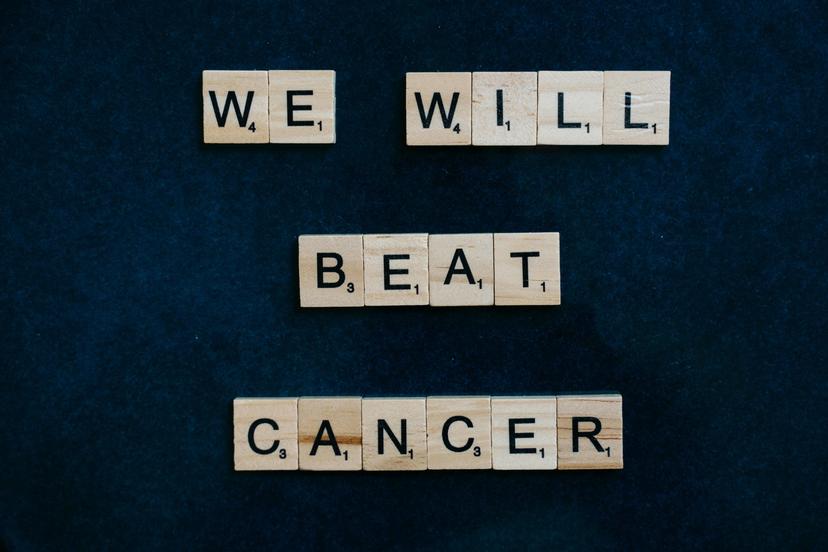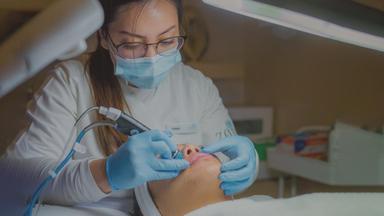
Post-Surgery Care for Testicular Cancer
14 Nov, 2023
 Healthtrip Team
Healthtrip TeamReceiving a diagnosis of testicular cancer can be a life-altering experience, but thanks to advancements in medical science, the prognosis for many patients is excellent. One of the most common treatment options for testicular cancer is surgery to remove the affected testicle, known as a radical orchiectomy. While this surgical procedure can effectively remove cancerous tissue, post-surgery care is crucial for a successful recovery. In this comprehensive guide, we will delve into the essential and detailed aspects of post-surgery care for testicular cancer patients.
Most popular procedures in India
1. Understand Your Diagnosis
Before diving into post-surgery care, it is imperative to have a clear understanding of your diagnosis. Your healthcare team will provide you with the following information:
Wellness Treatments
Give yourself the time to relax
Lowest Prices Guaranteed!

Lowest Prices Guaranteed!
a. Type of Testicular Cancer
Testicular cancer can be classified into several types, with the most common being germ cell tumors. Knowing the specific type will help determine your treatment plan.
b. Stage of Cancer
Staging helps determine the extent of cancer and whether it has spread beyond the testicle. Stages range from I (localized) to IV (advanced). Your treatment plan and prognosis will depend on the stage.
c. Tumor Markers
Blood tests for tumor markers, such as alpha-fetoprotein (AFP), beta-human chorionic gonadotropin (?-hCG), and lactate dehydrogenase (LDH), can provide additional information about the cancer's behavior and response to treatment.
d. Imaging Studies
Your medical team may perform imaging tests like CT scans or chest X-rays to assess if cancer has spread to other parts of the body.
Understanding these details will help you and your medical team make informed decisions about your treatment and recovery plan.
2. Post-Surgery Recovery
After a radical orchiectomy, a period of post-surgery recovery is necessary. Here are detailed aspects of this phase:
a. Rest
Your body needs adequate time to heal. Rest is of paramount importance during the initial weeks after surgery. Avoid strenuous activities and allow your body to recover.
b. Pain Management
Post-surgery, you will likely experience some discomfort or pain. Your doctor will prescribe pain medications to help manage this. Follow their instructions carefully and report any concerns or side effects.
c. Wound Care
Proper wound care is essential to prevent infection. Your healthcare team will provide detailed instructions on how to clean and dress the surgical site. Follow these instructions meticulously.
d. Activity Graduation
Gradually reintroduce physical activities as your body permits. Start with light walking and increase activity levels under your doctor's guidance.
e. Dietary Considerations
Maintaining a balanced diet is crucial for recovery. Adequate nutrition supports healing and boosts energy levels. Consult with a registered dietitian if necessary.
f. Medication Management
Follow your prescribed medication regimen diligently. This may include antibiotics or other medications to prevent infections.
g. Follow-up Appointments
Attend all scheduled follow-up appointments with your medical team. These appointments are crucial for monitoring your progress, addressing any concerns, and determining the need for further treatment.
Start your healthcare journey with HealthTrip— over 35 + countries, 335+ top hospitals, esteemed doctors, and teleconsultations at just $1/minute. Trusted by 44,000+ patients, we offer comprehensive care packages and 24/7 support. Experience prompt and reliable emergency assistance. Your path to superior healthcare begins here—
Explore now HealthTrip !
3. Coping with Emotions
A testicular cancer diagnosis and surgery can take a toll on your emotional well-being. Detailed strategies for coping with emotions include:
a. Seek Emotional Support
Consider talking to a therapist or counselor who specializes in cancer-related issues. They can provide coping strategies and emotional support tailored to your needs.
b. Join Support Groups
Participating in support groups for cancer patients can help you connect with others facing similar challenges. Sharing experiences and receiving advice from fellow survivors can be immensely comforting.
c. Confide in Loved Ones
Open communication with friends and family can provide a strong support system. Don't hesitate to share your feelings and concerns with those close to you.
d. Mindfulness and Relaxation Techniques
Practicing mindfulness, meditation, or relaxation exercises can help manage stress and anxiety.
4. Fertility Preservation
Testicular cancer and its treatment can impact fertility. Detailed considerations for fertility preservation include:
a. Sperm Banking
If preserving your fertility is a concern, discuss sperm banking with your healthcare team before surgery. Sperm banking allows you to store sperm for future use in fertility treatments.
5. Monitor for Recurrence
Regular follow-up appointments and vigilant self-examination are essential to detect any signs of cancer recurrence. Detailed monitoring includes:
a. Monthly Testicular Self-Exams
Learn how to perform regular testicular self-exams to detect any changes or abnormalities. Report any concerns to your healthcare provider immediately.
b. Regular Imaging and Blood Tests
Your medical team will schedule regular CT scans and blood tests to monitor for signs of recurrence. Adhere to the recommended surveillance plan.
6. Adjusting to Physical Changes
After surgery, some men may experience changes in their body image or self-esteem. Detailed strategies for adjusting to physical changes include:
a. Counseling and Support
Seek counseling or support from a therapist or counselor who specializes in body image issues or self-esteem.
b. Prosthetic Testicles
Some men opt for prosthetic testicles to restore their appearance. Discuss this option with your healthcare team if it is of interest to you.
7. Nutrition and Exercise
Maintaining a healthy lifestyle is integral to your recovery. Detailed recommendations include:
a. Balanced Diet
Consume a diet rich in fruits, vegetables, lean proteins, and whole grains to support your overall well-being.
b. Exercise
Engage in gentle exercises such as walking or yoga as recommended by your healthcare team. Gradually increase your activity levels while listening to your body.
c. Stay Hydrated
Proper hydration is essential for your recovery. Drink plenty of water to stay hydrated.
8. Be Informed
Stay informed about your condition and treatment options. Detailed actions to stay informed include:
a. Ask Questions
Don't hesitate to ask your healthcare team questions. Understanding your condition and treatment plan empowers you to make informed decisions.
b. Research
Conduct research and explore reputable sources for information on testicular cancer and its treatment. Be cautious about unreliable or misleading information.
Receiving a testicular cancer diagnosis and undergoing surgery can be challenging, but with a thorough understanding of your diagnosis, diligent post-surgery care, emotional support, and a focus on a healthy lifestyle, you can navigate this journey successfully. Remember that your healthcare team is your ally, and they are there to guide you every step of the way. By following these detailed guidelines, you can optimize your recovery and lead a healthy, fulfilling life as a cancer survivor.
Related Blogs

Understanding Testicular Cancer
A guide to understanding testicular cancer diagnosis, treatment options, and

The Unrelenting War: The Fight Against Testicular Cancer
Testicular cancer is a type of cancer that affects the

Every Man's Battle: Testicular Cancer
Testicular cancer may not be a commonly discussed topic, but

Detecting and Staging Testicular Cancer with PET Scans
Testicular cancer is a rare but treatable cancer that affects










